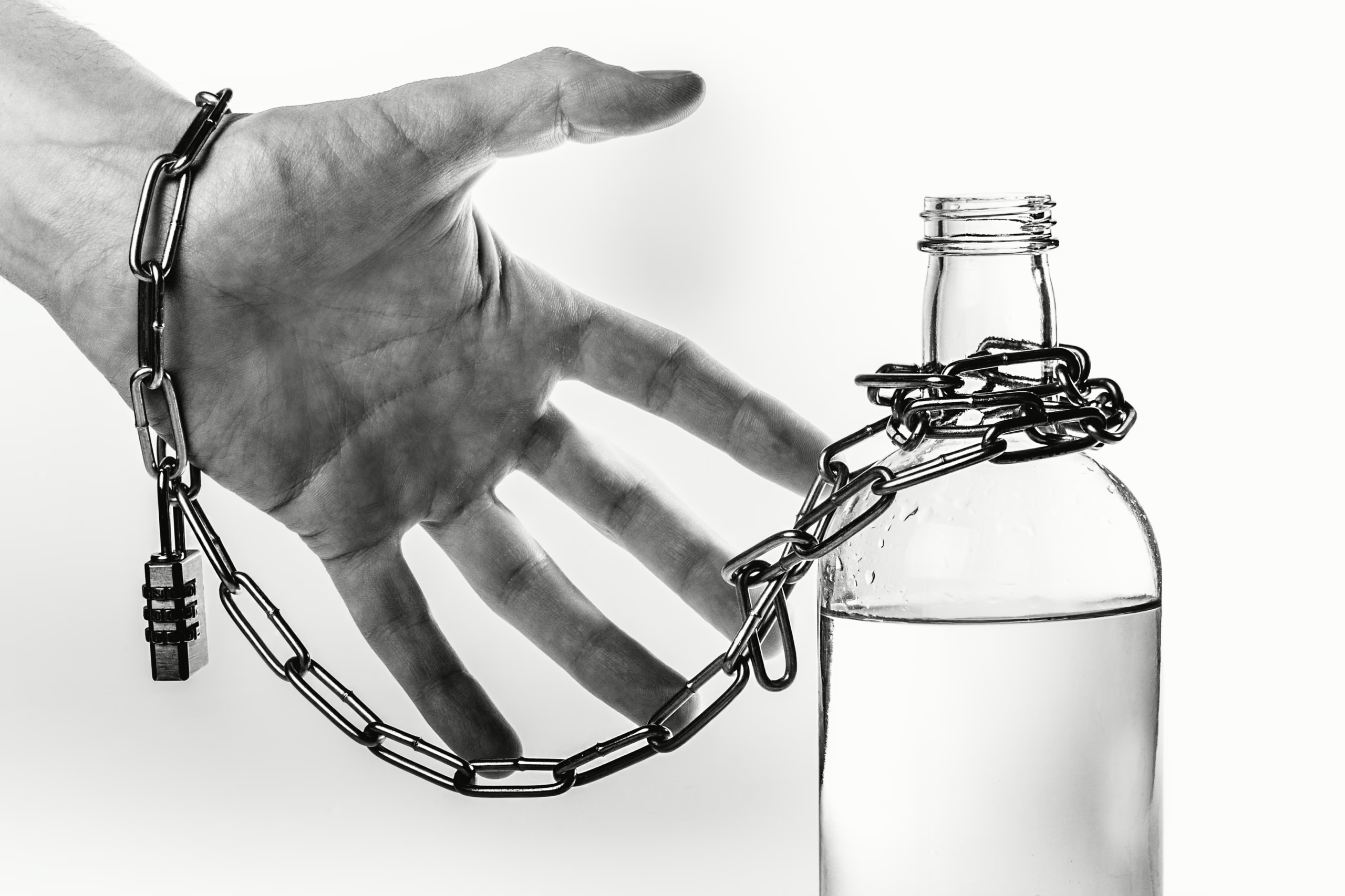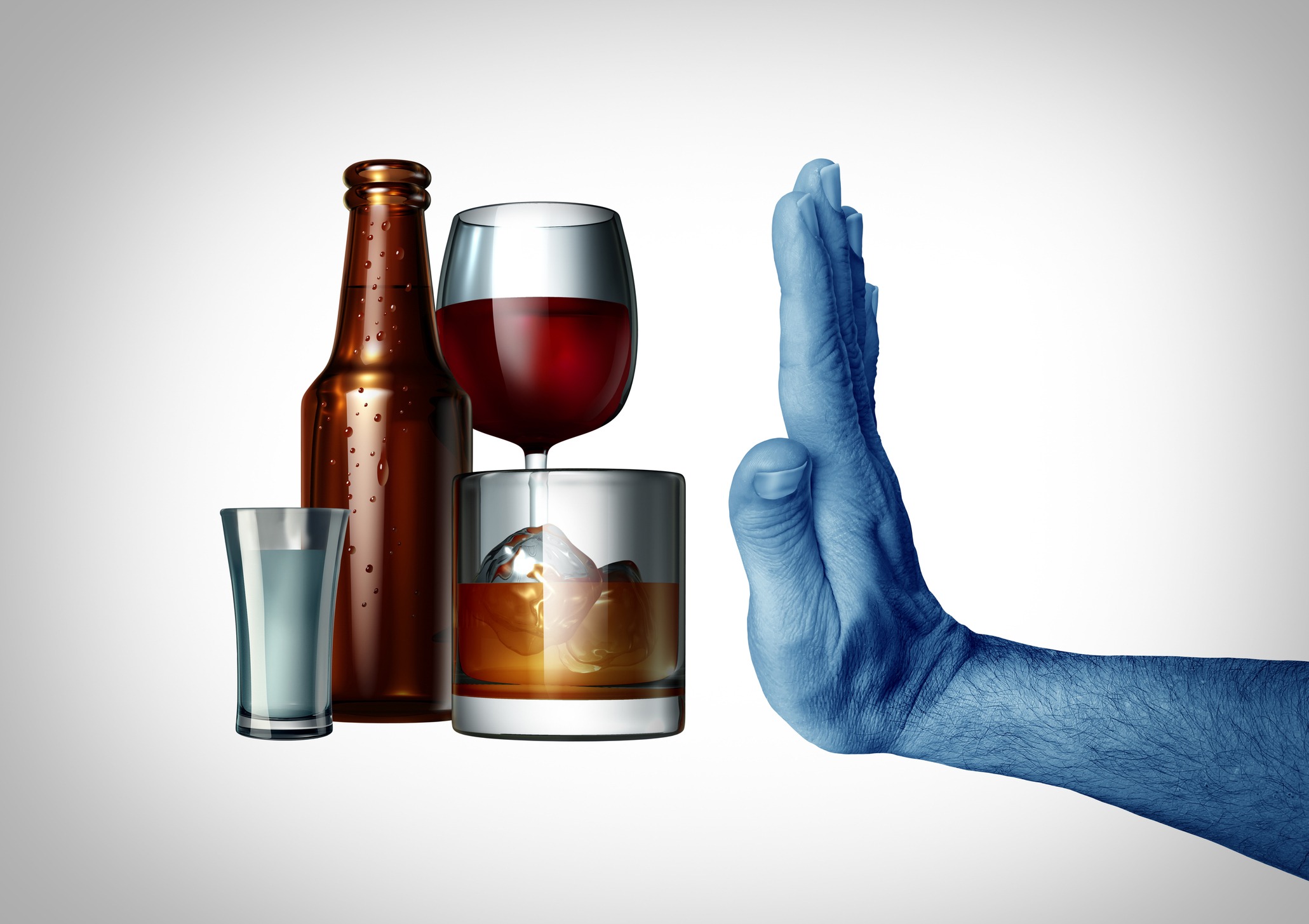Understanding Your Drinking Habits
The first step in evaluating whether you should quit drinking is understanding your own habits. Are you drinking more frequently or in larger amounts than you intend to? Do you find it difficult to stop after one or two drinks? Reflecting on your drinking patterns is crucial. Keep a diary of your drinking – either on paper or in an app – to help identify patterns or triggers that lead to excessive alcohol consumption. This awareness is the foundation for making informed decisions about your drinking habits.
Consider what times and situations you are most likely to drink. Is it during social gatherings, after work, or when you are alone? Identifying these risky scenarios can help you recognize if your drinking is more situational or habitual. Pay attention to the role alcohol plays in your daily routine. Are you using it as a way to unwind or as a coping mechanism for stress or anxiety? These insights can tell you a lot about your relationship with alcohol.
Another important factor to consider is the feedback you get from others about your drinking. Have friends, family, or colleagues expressed concern? Sometimes, an outside perspective can shed light on patterns you might not notice yourself. It can be helpful to take this feedback seriously and consider if it aligns with your own observations.
Lastly, think about your past attempts to control or reduce your drinking. Have you tried to cut back and found it challenging? Were there specific reasons or triggers that led you to drink more or to relapse? Understanding your past experiences can offer valuable lessons and inform your approach to making lasting changes. Remember, the goal is to be mindful of your habits and their impact on your life.
Effects on Physical Health
Alcohol can have significant effects on your physical health. Research indicates that heavy drinking weakens the immune system, making you more prone to infections. Additionally, statistics show that alcohol-related liver disease is a leading cause of liver transplants in the United States. Be attentive to any negative changes in your sleep patterns or energy levels, as these could also signal that alcohol is affecting your physical well-being.
Keep an eye on other health indicators like weight gain, digestive issues, or frequent headaches. These could all be tied to your alcohol intake. If you notice you’re getting sick more often, it may be worth considering whether alcohol is playing a role and impacting your immune system. Changes in skin appearance, like redness or puffiness, can also be a sign that your body is reacting negatively to alcohol.
Long-term excessive drinking can lead to chronic diseases such as high blood pressure, heart disease, and various cancers. It’s important to be aware of these potential risks and take proactive steps to mitigate them. If you experience frequent nausea or stomach pain, these could be early warning signs of more severe gastrointestinal issues.
Listening to your body and recognizing these physical symptoms can help you make informed decisions about your drinking habits. Paying attention to how you feel physically can provide crucial insights into whether it’s time to cut back or quit drinking altogether.
Impact on Mental Well-being
Alcohol can significantly affect your mental health. Pay attention to changes in your mood or behavior that might be linked to drinking. Studies suggest that alcohol consumption impairs cognitive function and increases the risk of accidents. It’s important to recognize if you are using alcohol as a way to manage emotions such as sadness, loneliness, or stress. These emotional triggers can often lead to a cycle of dependence that is hard to break.
Alcohol can also disrupt your sleep patterns, contributing to fatigue and decreased mental clarity. Chronic drinking may exacerbate symptoms of anxiety and depression, making it difficult to distinguish whether your mental health issues are a cause or a result of alcohol consumption. If you notice an increase in irritability or mood swings, these could be indicators that alcohol is impacting your mental state.
Social isolation can also be a byproduct of heavy drinking. You may find yourself withdrawing from social activities or relationships that do not involve alcohol, which can further contribute to feelings of loneliness and depression. Additionally, excessive alcohol use can lead to impaired judgment and risky behaviors, which may result in regret or guilt, further affecting your mental health.
If you are experiencing any of these symptoms, it may be helpful to seek professional advice. Therapists and counselors can offer strategies to manage emotions and reduce reliance on alcohol. Identifying and addressing the root causes of your emotional distress can lead to better mental well-being and a healthier relationship with alcohol.
Implications for Personal and Professional Life
Evaluate how alcohol affects your relationships with family and friends. Has your social life suffered due to drinking? Consider if alcohol is causing issues at work or school. Any negative effects on these aspects of life can be signs that it’s time to make a change.
Excessive drinking can strain relationships, leading to conflicts and misunderstandings. You might find that your loved ones are concerned or frustrated by your drinking habits, which can create a rift in your personal connections. Think about how alcohol has influenced your ability to maintain commitments or responsibilities at home and work. Are you missing deadlines or showing up late because of hangovers?
Alcohol can also affect your productivity and performance. Regular drinking can lead to decreased focus and increased mistakes, impacting your professional reputation. Colleagues may notice changes in your behavior or work quality, which can affect team dynamics and career growth.
Moreover, consider the legal ramifications that can come with drinking. Incidents like driving under the influence can lead to serious legal consequences, affecting your job and personal freedom. It’s worth noting that alcohol is involved in about 30% of all traffic fatalities in the U.S.
It’s essential to reflect on how alcohol-related decisions might be putting your career and personal life at risk.
Lastly, look at the overall quality of your social interactions. Are you isolating yourself or choosing social events centered around drinking? Such patterns can limit your experiences and hinder the development of healthier, more fulfilling relationships. Recognizing these personal and professional implications can be a wake-up call to reassess your relationship with alcohol.
Financial Implications of Drinking
Drinking can have a significant impact on your finances. Calculate your monthly or yearly expenses related to alcohol to see how much it affects your budget. Statistics reveal that alcohol misuse costs the U.S. economy hundreds of billions annually due to healthcare, lost productivity, and more. Consider the opportunity cost of spending on alcohol—what else could that money be used for instead?
Frequent nights out, bar tabs, and even purchasing alcohol for home consumption can add up quickly. This financial drain can limit your ability to save for important life goals, such as buying a home, paying off debt, or investing in your education. Additionally, the hidden costs associated with alcohol, such as higher medical bills due to health issues or potential legal fees from alcohol-related incidents, can further strain your finances.
Think about the larger financial picture. Are you finding it hard to meet your financial responsibilities due to money spent on alcohol? This realization can be eye-opening and serve as a strong motivator to reassess your spending habits. Redirecting funds previously allocated for alcohol to more productive uses can significantly improve your financial stability and overall quality of life.
Budgeting tools or financial apps can be useful in tracking your spending and identifying areas where you can cut back. Seeing a detailed breakdown of how much money goes toward alcohol can be a powerful incentive to make changes. Recognizing the financial implications of drinking can motivate you to take steps toward reducing or quitting alcohol, allowing you to better manage your finances and achieve your long-term financial goals.
Motivation to Quit or Reduce Drinking
Personal motivations to quit drinking can vary widely but often include improving physical health, enhancing mental well-being, and strengthening personal relationships. Identifying the specific benefits that are most important to you can help maintain your commitment. For example, you might be motivated by the desire to have more energy, experience better sleep, or reduce anxiety and depression. Improved relationships with family and friends can also be a strong motivator, as alcohol can often create tension and conflicts.
Consider writing down your reasons for wanting to change. This can serve as a helpful reminder when you face challenges or moments of doubt. Additionally, think about the long-term goals you have for yourself and how reducing or quitting alcohol can help you achieve them. Whether it’s advancing your career, pursuing hobbies, or saving money, having clear objectives can reinforce your motivation.
It’s also beneficial to set realistic, achievable goals. Instead of aiming to quit drinking entirely overnight, you might start with reducing your intake gradually. Celebrate small victories along the way to stay motivated and build momentum. Lastly, connect with others who have similar goals. Support groups, either in-person or online, can provide valuable encouragement and share strategies for success. By understanding your motivations and leveraging support systems, you can make meaningful and lasting changes to your drinking habits.










